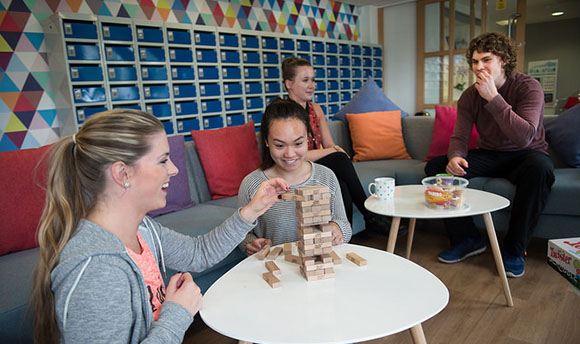This article originally appeared in The Times.
By Professor Olivia Sagan and Dr Alison Strang
With up to 1700 Ukrainians taking up residence behind a security fence on a cruise ship docked in Edinburgh under the Warm Scots Welcome programme, there are lessons to learn from research which highlights the acute sense of loneliness and fear experienced by refugees and asylum seekers who had to manage life under lockdown in Scotland during the pandemic.
Concerns about being forgotten or deprioritised by policymakers and service providers are evident in a study among asylum seekers and refugees in Scotland carried out by researchers at Queen Margaret University in partnership with Scottish Refugee Council (SRC) and the Convention of Scottish Local Authorities (COSLA).
Our report points to four key elements of positive mental health that were significantly impacted by lockdown measures, and which may equally apply to Ukrainian families building a new life in Scotland. They include a sense of being known, having the ability to shape life choices, having a sense of momentum to sustain hope for the future, and re-establishing a sense of home and belonging. Deprived of these basic human needs mental health deteriorates, and for some people leads to acute problems.
Creative approaches to helping neglected populations to feel emotionally connected are urgently needed. Loss already underpins the refugee experience in social, economic, and deeply personal ways. In fleeing their homes, refugees leave behind many if not all close personal relationships, their communities, and their wider social networks.
It’s clear from our findings that to prevent serious damage to mental health, refugees need to know that they are seen and heard in a way that matters or makes a difference to a community. Feeling ‘invisible’ generates a keen sense of alienation and anguish. Online group work, courses, and advisory services, while better than nothing, do not generally provide sufficient emotional support, or build confidence.
On a positive note, local initiatives such as phone check-ins from support workers, food vouchers, school assistance, food and clothes donations gave much needed practical support and improved wellbeing, and a sense of connection.
Fears, anxieties and struggles around finances are felt across many vulnerable communities as a result of the pandemic and soaring living costs, but the acuteness of these experiences is heightened amongst refugees and asylum seekers, where precarity of home, status and future already existed before the pandemic hit.
The loss of social relationships and connections has implications for accessing assistance with virtually all aspects of life. The impacts of isolation experienced during lockdown are likely to be felt by the people in our research for some time to come, and there is an opportunity to use these findings to shape and sustain a truly warm Scottish welcome for displaced people.







